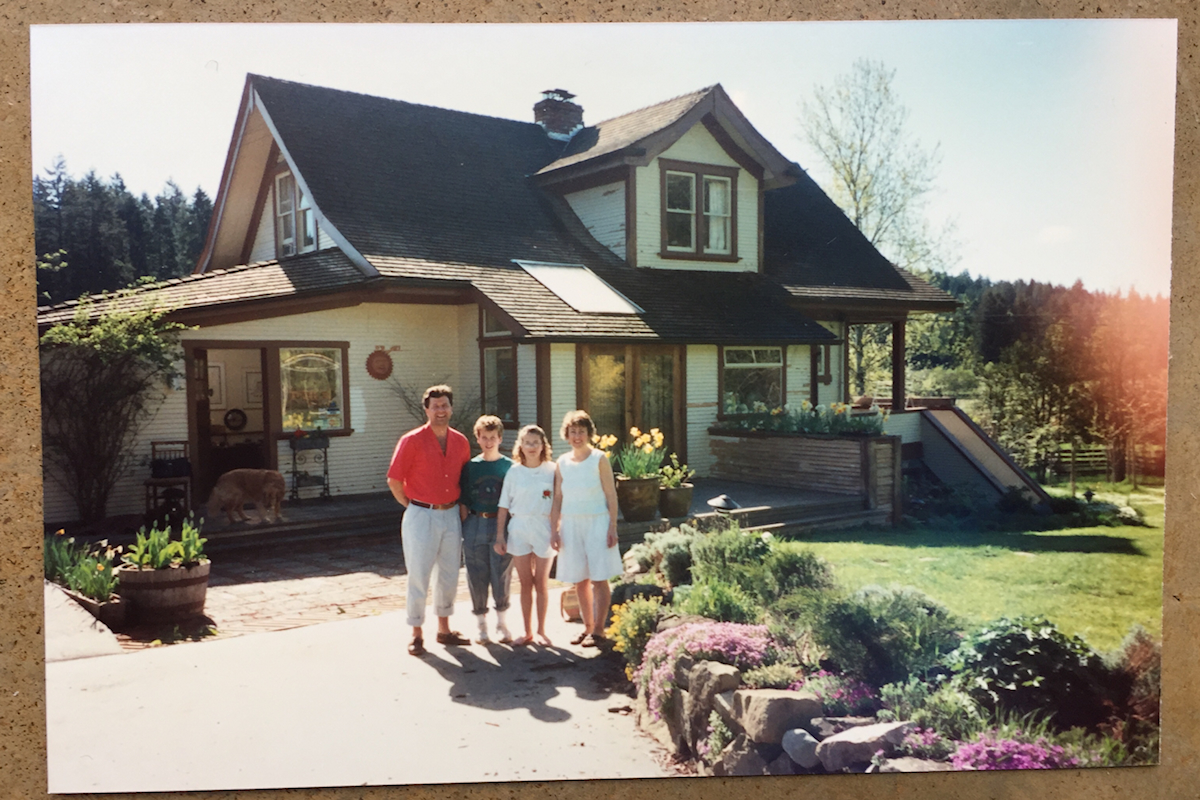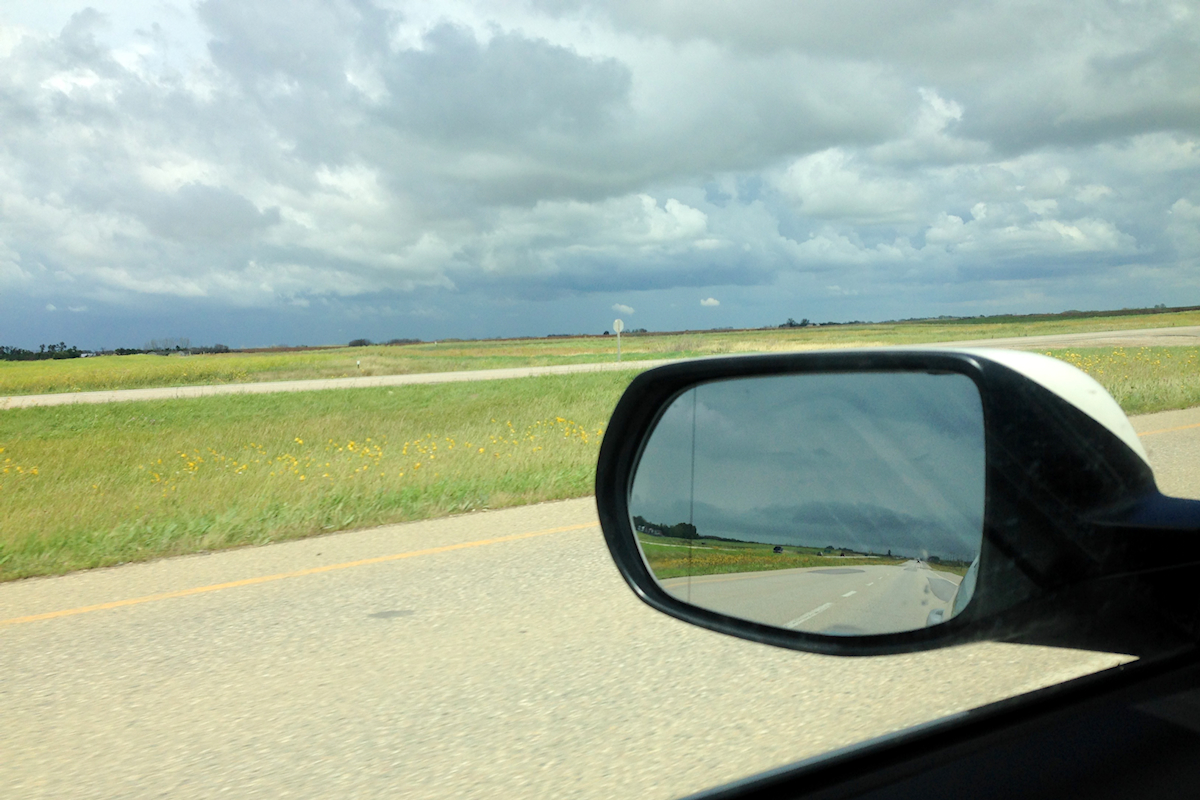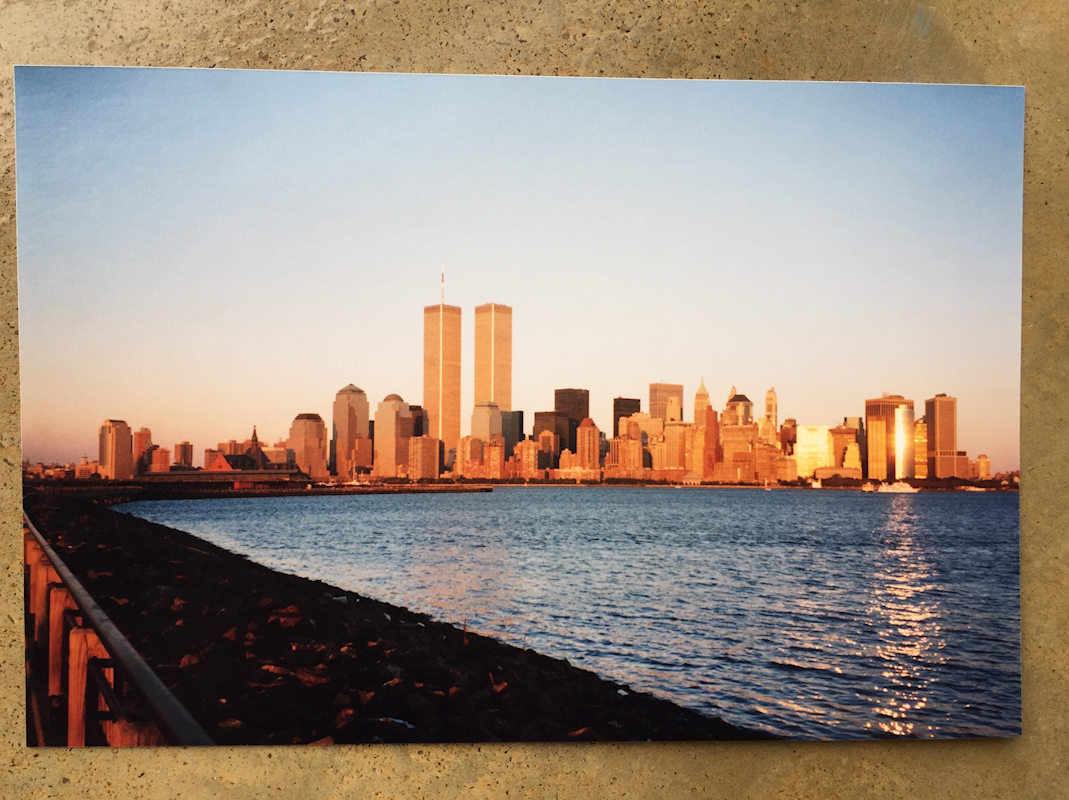Get posts by email
Moving to the margins
April 25, 2019
This is the second post in a five post series entitled Faith at the Margins.
Growing up in a tight-knit community of family and friends; white, middle class, conservative Christians in a province governed by white, conservative politics I was smack dab in the comfortable middle of the majority.

vacation with my family, circa 1989
I was a secure child. When my struggles with insecurity hit in my twenties and thirties, it was like being broadsided, "Where did this come from?" (Insecurity lurks below my forties also, but I'm fully cognizant of it now, and I've chosen to make decisions "in spite of" its presence in my life.)
Sure the Christian sub-culture of my youth felt threatened sometimes by secular liberalism. But truly there was no threat to our way of life, our beliefs, our status, our opportunities, our income-earning potential. We were the "in" crowd, even if all those eastern liberals dominating academic institutions and the federal government advocated for policies we didn't agree with.
I grew up in the happy bubble of secure ignorance. This is not a bad thing for a child to experience. In fact I think it's one of the most developmentally supportive conditions, for childhood.
I'm safe. I'm loved. I'm special. I belong here.
I had no idea what it was like to be "the other", to be a minority. To perceive that I did not belong, or that my status might be threatened somehow.
This security, maybe even smugness, existed in me, along side my tender-hearted sensitivity to the underdog and my attention to fairness. But they didn't co-exist equally. The security of my own tribe and our conservative religious morality took up more space in my heart in the end.
Then I grew up and I moved to the United States with my husband and baby. And unbeknownst to me at the time, I started down the path of understanding "the other". Travel does this, so does moving, if you move far enough out of your comfort zone.

driving across the Canadian prairie

view of Manhattan from NJ, fall 2000
we lived in NJ for 2 years
While living in the United States our official status was legal resident aliens. We were white and middle class so we looked like we "belonged" but had no political voice. We were at the mercy of immigration policies and subject to the whims of border agents. (If you want to know more about what this is like listen to this interview with Kendra Perez at my Patreon).
We were legal residents, but we were immigrants, and our position was precarious. Our American friends couldn't understand. You look the same, you talk the same - what's the big deal?!
And I started for the first time in my privileged life to understand what it was to be a minority. To be on the outside of belonging, to have few rights, to be at the mercy of a government.
I didn't like it. It angered me. It angered me because of the fear it created.
When we returned to Canada after 11 years in the northeastern US, we moved to Quebec, of all places. Non-Canadians might not be familiar with the strained relationship between Quebec and the other provinces and the federal government.
I grew up in western Canada while the sovereignist movement was changing the political landscape of Quebec and the country-at-large. My community's general opinion about the separtist issue was "good-bye and good riddance". This was the attitude given to me during my formative years.
I carried a lot of insecurity in my heart moving to Quebec. Insecurity about the language. Insecurity about my rights as a homeschooler. Insecurity about whether I'd be accepted as an anglophone.
It was emotionally very messy. It was a contributing factor for an early midlife crisis.
Next post: Beyond margins
Filed Under
Part of Series
You can subscribe to comments on this article using this form.
If you have already commented on this article, you do not need to do this, as you were automatically subscribed.





